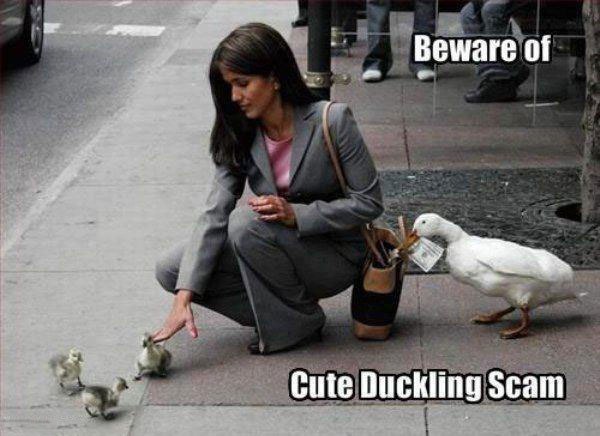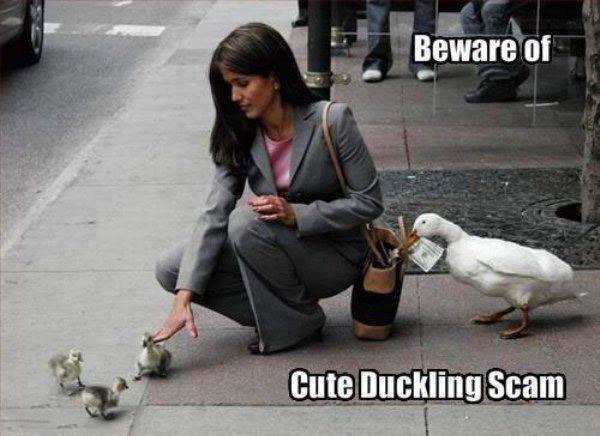
In a fascinating post, Brian Krebs and a group of security researchers have found a method for laundering money through expensive ebooks. It started when author Patrick Reames received an Amazon tax form saying he’d made $24,000 selling his books through Amazon’s CreateSpace, the company’s book-printing arm. His books didn’t sell nearly that many copies, he thought, and when he investigated he found a $555 book full of gibberish being sold under his name.
The scam is simple: crooks use stolen credit cards to buy their own fake ebooks for inflated prices and pocket the 60% commission. Doing this a few times can rack up earnings with ease.
But that didn’t stop someone from publishing a “novel” under his name. That word is in quotations because the publication appears to be little more than computer-generated text, almost like the gibberish one might find in a spam email.
“Based on what I could see from the ‘sneak peak’ function, the book was nothing more than a computer generated ‘story’ with no structure, chapters or paragraphs — only lines of text with a carriage return after each sentence,” Reames said in an interview with KrebsOnSecurity.
If you get charged for one of these books, however, don’t try searching how to contact Amazon customer service. In the process of trying to understand what was going on, Krebs discovered a trove of books dedicated to contacting Amazon customer support which, if read, most probably include phone numbers designed to phish personal information.
Amazon, for its part, offered to help any authors caught in this scam. They write:
Anyone who believes they’ve received an incorrect 1099 form or a 1099 form in error can contact us1099@amazon.com and we will investigate.
This is the general Amazon help page
A Krebs reader pointed out that this is an excellent scam because Amazon allows you to cash out directly to a bank account, bypassing all of the rigamarole associated with crypto exchanges. In short, it’s stolen credit cards in, in money out.


